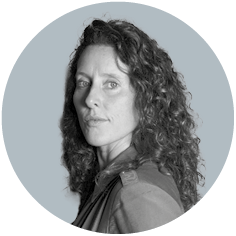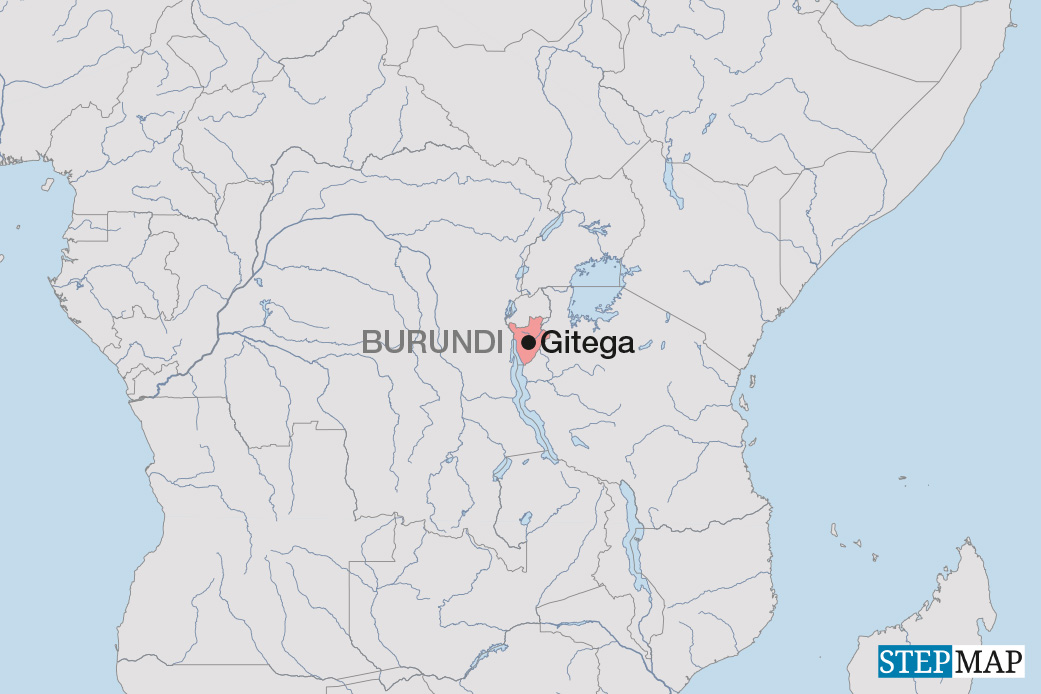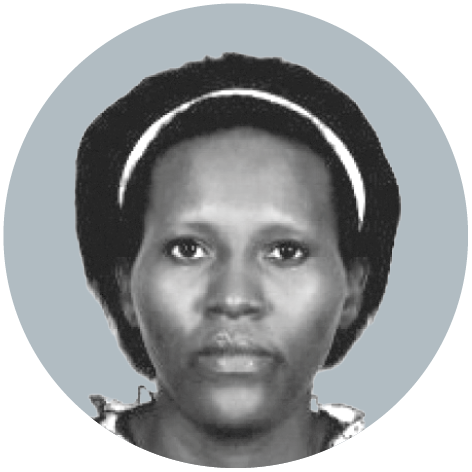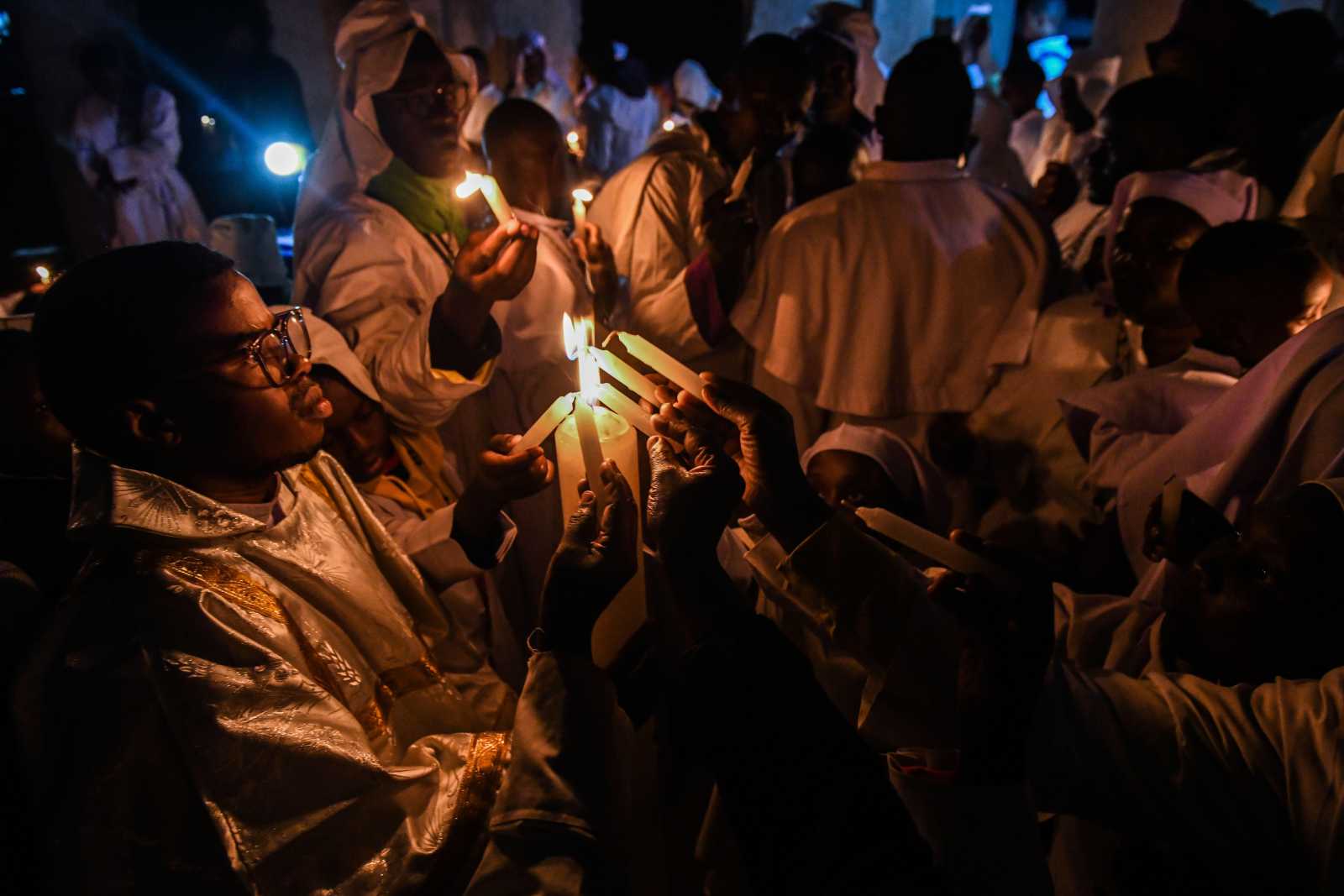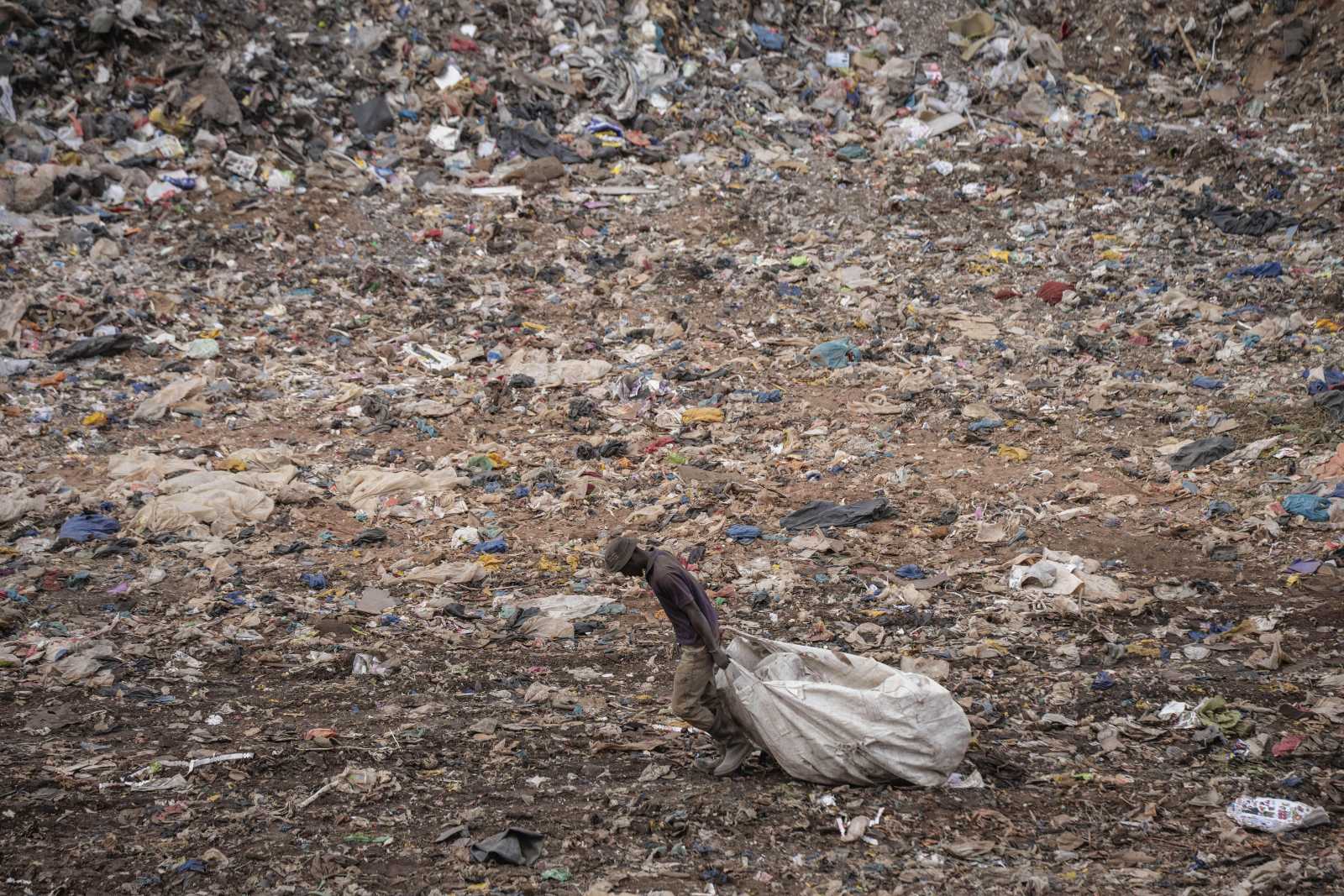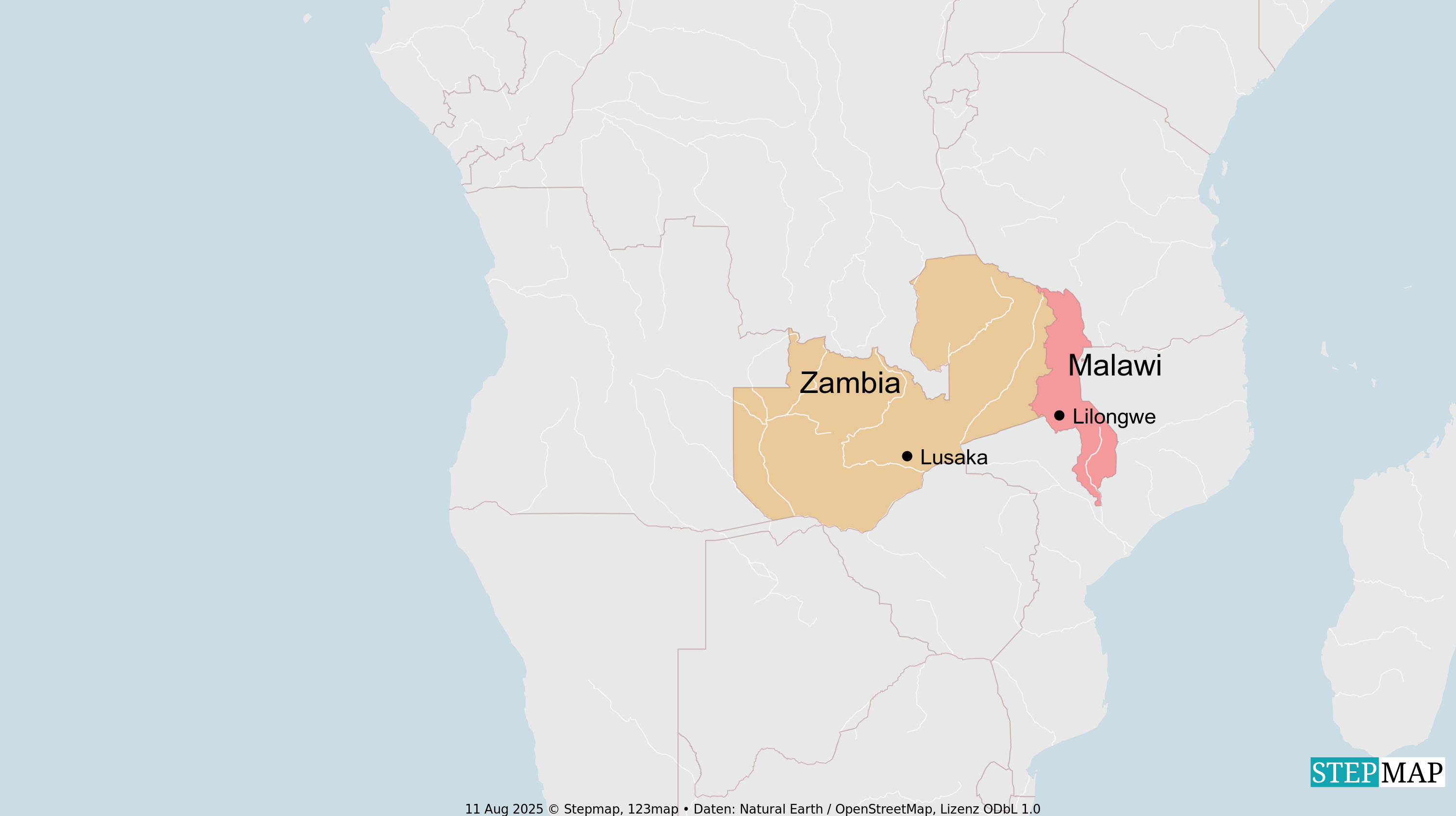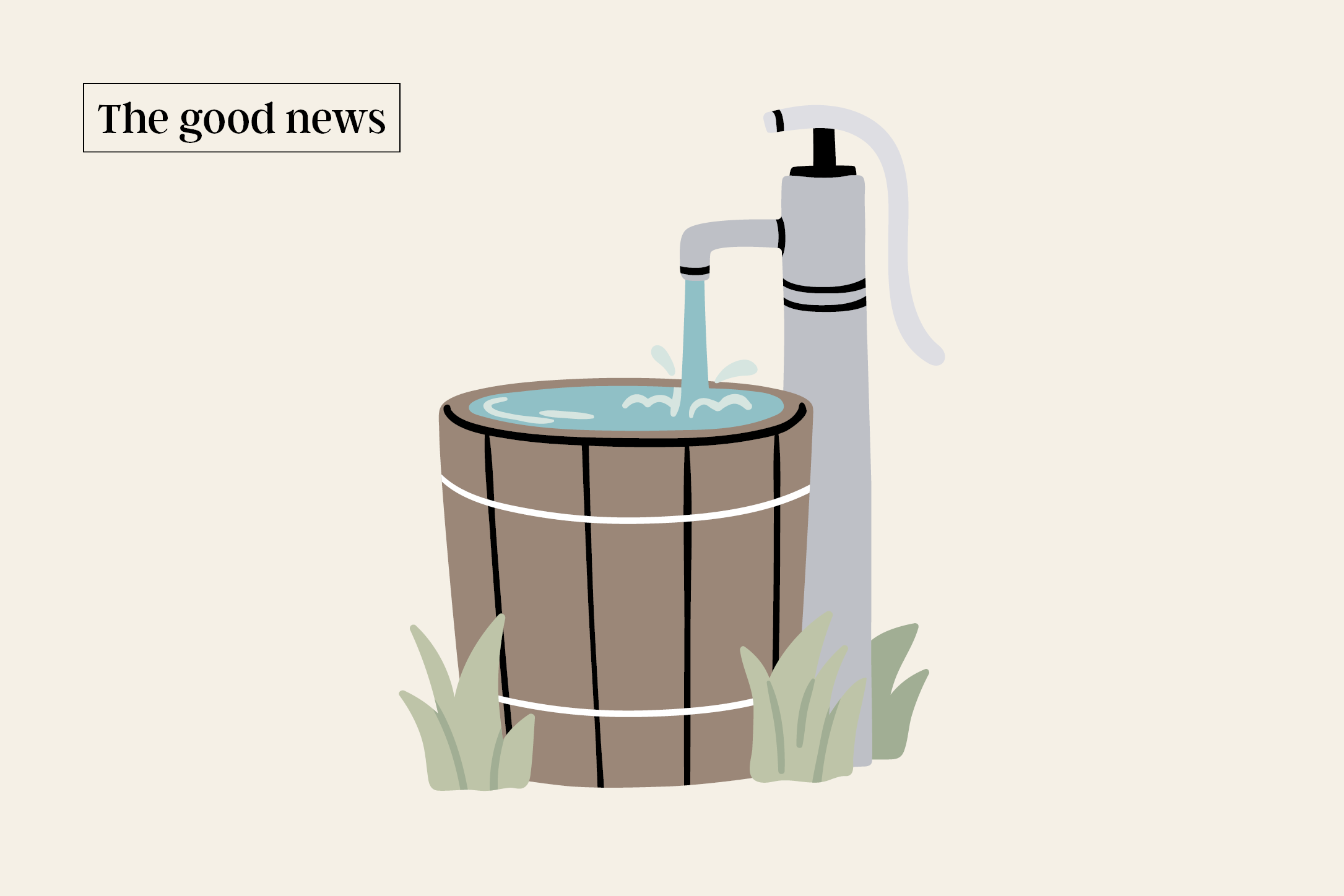Uganda
A hotline to support young people’s mental health in Uganda

In Uganda, one of the world’s youngest nations, about half of the youth are not in employment, education or training. The country’s economy is struggling, and the consequences of the pandemic are still affecting daily life. For many young people, the weight of expectations at school, at home or from society in general has become unbearable. A 2023 study conducted in schools in the districts of Wakiso and Gulu found that one in five students had considered suicide. The reasons include bullying, social-media abuse, academic pressure and the breakdown of families.
Cultural stigma remains one of the biggest obstacles
to mental wellbeing in Uganda. In many families, addressing mental-health issues is seen as a weakness, especially in boys, who are told from a young age to “be a man” or “never cry”. Such phrases, often repeated with good intentions, build emotional walls that many boys carry into adolescence and adulthood. By the time they reach crisis point, they often have no vocabulary for their pain, no practice asking for help and no support system to catch them.
In this situation, young people need public support services – but mental-health facilities in Uganda are few and far between. The national mental-health hospital at Butabika and a few private clinics in urban centres notwithstanding, there is nowhere for most Ugandans to turn. Existing facilities are often reserved for very severe cases, such as individuals with visible breakdowns. Virtually no options exist for teenagers who are silently struggling with anxiety or depression.
While digital solutions are emerging, including private online-therapy platforms such as Serene Mind, these services are still limited in scale and reach. Nevertheless, they reflect a growing openness among young people to seeking help outside traditional systems.
Psychological support by phone
One of the most popular services is a toll-free helpline run by the civil-society organisation Mental Health Uganda (MHU). In mid-2024, amid growing concerns about youth suicide, MHU expanded its helpline service in partnership with Mental Helse Ungdom of Norway. It is now available Monday to Friday around the clock on 0800 212121.
Even though the helpline is open to people of all ages and backgrounds, it focuses particularly on callers aged 15-35. It offers an automated interactive voice-response system in multiple Ugandan languages. Trained counsellors, including staff from Butabika National Referral Hospital, provide confidential psychological first aid and referrals.
Immediately after the helpline opened in 2021, the popular interest was overwhelming, according to Mental Helse Ungdom. Since then, the service has provided mental-health and psychosocial support to over 8000 clients, as reported by MHU. A review of the project conducted in 2022 revealed that 82 % of the callers reported being satisfied with the service. Indeed, in a country where over three quarters of the population live in rural areas, a simple phone call can mean the difference between despair and hope.
Feeling heard, not judged
The young people calling the MHU helpline are not just seeking therapy – they want to be heard. Timothy Malindi, an 18-year-old student at Makerere University and one-time user of the hotline, described the relief of finally finding someone who would listen without judging: “Talking helped. I felt heard, not judged.”
That small act of listening may not solve every problem, but it can initiate a healing process and avert crises. It reminds Uganda’s youth that their pain is valid, and that they are not alone.
Still, the helpline is facing challenges. Calls made after hours often go to voicemail, with follow-up delayed until the next working day. For a young person in crisis, those hours can feel endless. Stakeholders are therefore pushing for weekend services and integration with broader community support systems, including primary health centres and schools.
Expanding mental-health efforts
MHU is partnering with Uganda’s Ministry of Health and has contributed to informing the country’s mental-health strategy. In line with a global-guidance document released by WHO and UNICEF in 2024, the country is now considering more integrated and globally recommended practices for dealing with mental health. This includes strengthening the formal health system as well as working with families and schools to build a supportive environment for young people.
Parents have a special responsibility here. They must listen to their children and take their concerns seriously. Since young people face complex pressures – from cyberbullying and unrealistic expectations shared on social media to stress at school, university and work – they need a safe space at home to express themselves without fear of ridicule or rejection.
Schools must evolve, too. While Uganda’s education system continues to focus on academic achievement, it must also prioritise student wellbeing. Teachers should be trained to recognise early warning signs of mental distress and offer support. School counsellors need to be empowered, and curricula should teach emotional literacy, helping students articulate their feelings and navigate life’s ups and downs.
The expansion of the MHU hotline sends a clear message to Uganda’s institutions, families and schools: mental health is not a luxury – it is essential. The earlier we take action, the more lives we can save.
Links
Mental Health Uganda:
mhu.ug
WHO, UNICEF, 2024: Mental health of children and young people. Service guidance.
https://www.who.int/publications/i/item/9789240100374
Ronald Ssegujja Ssekandi is a Ugandan author and lives in Kampala.
sekandiron@gmail.com
If you are thinking about taking your own life, please talk to friends and family about it. International suicide hotlines offer professional help:
blog.opencounseling.com/suicide-hotlines/




